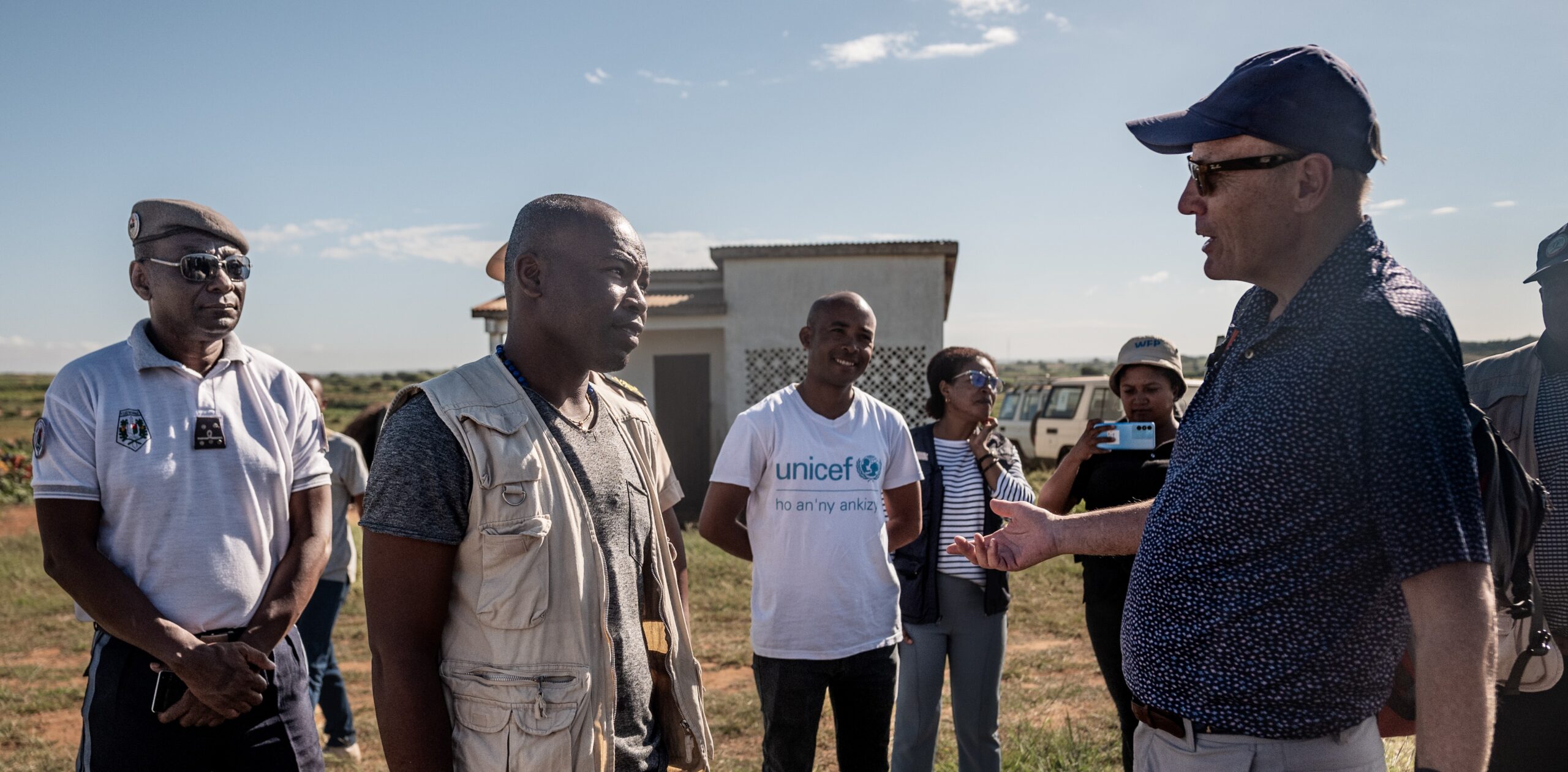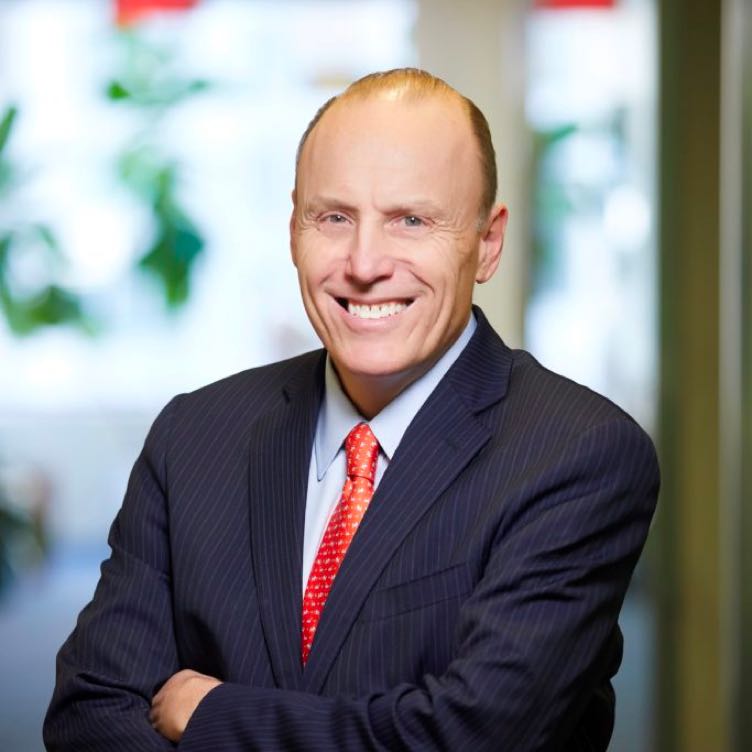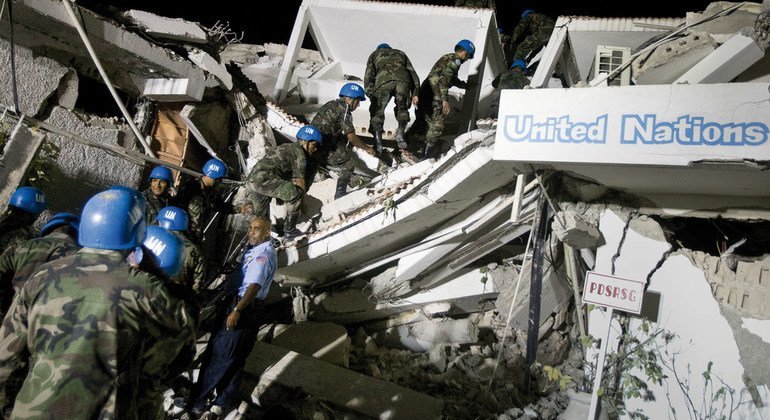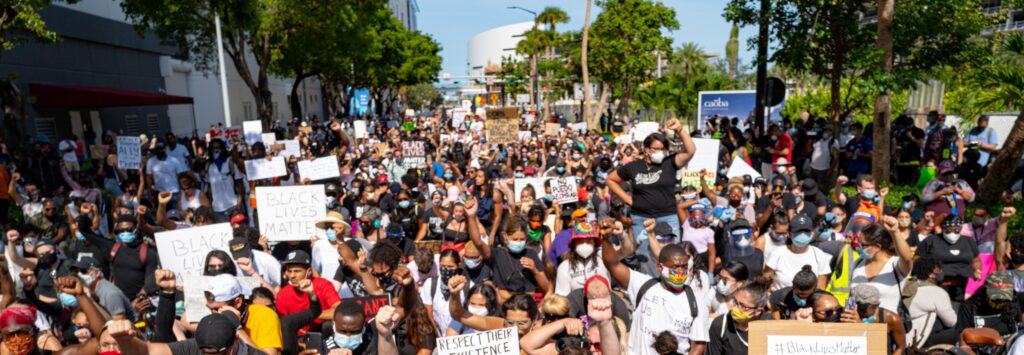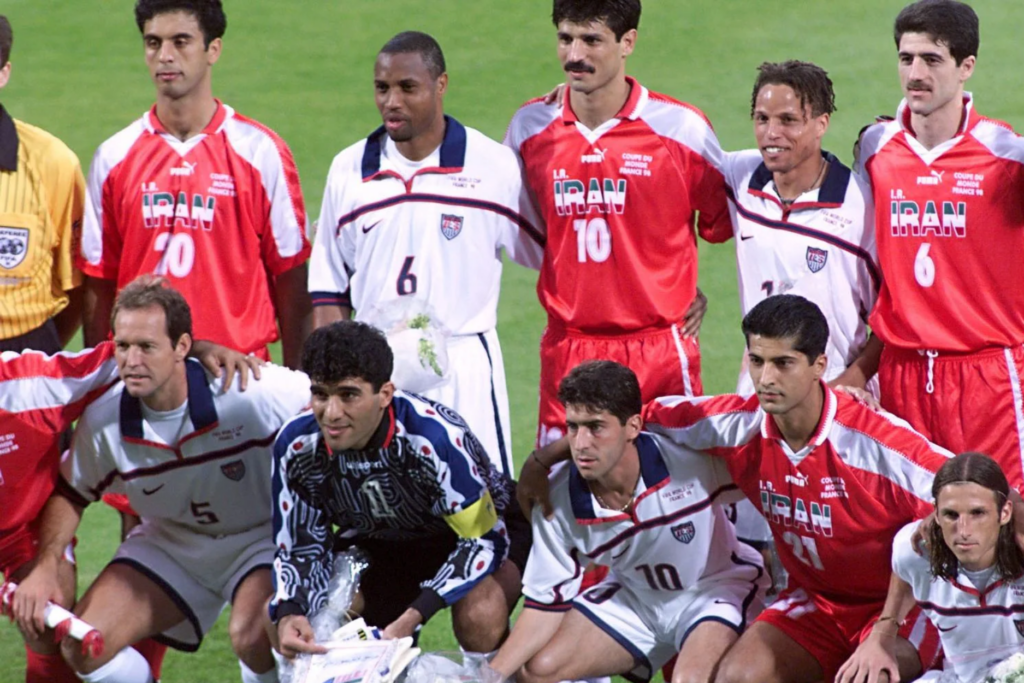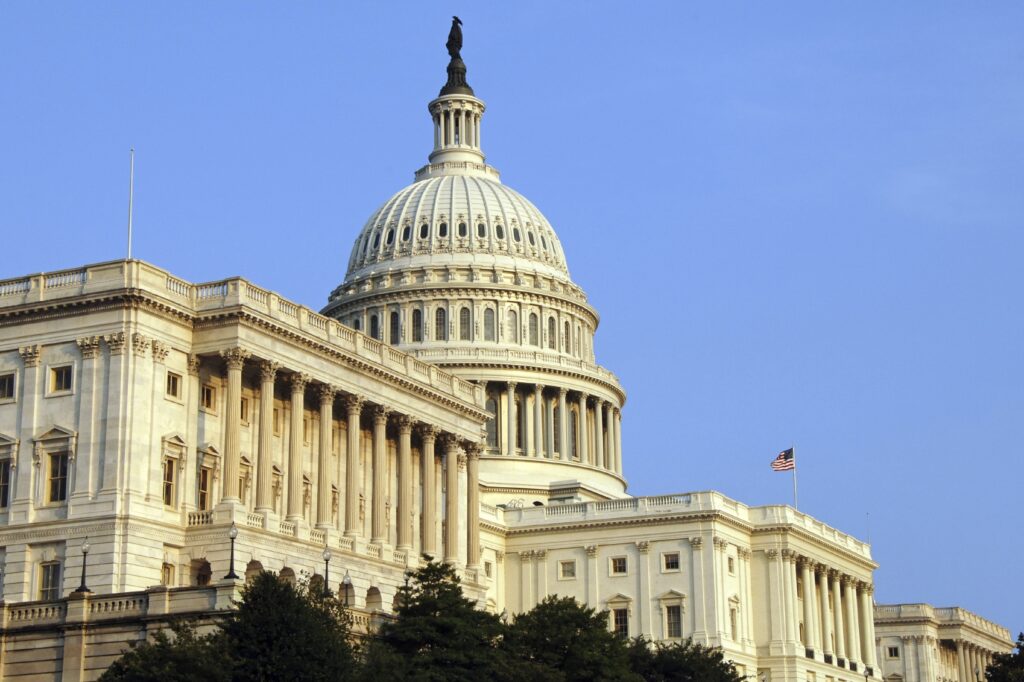This spring, I traveled to the island nation of Madagascar to see the United Nations at work. Along the way I was reminded of a fundamental truth about the UN, hiding in plain sight.
Tourists know Madagascar for its wildlife (an estimated 90% of the island’s flora and fauna aren’t found anywhere else on Earth—think lemurs), limestone “forests” where vertical erosion has carved rock into towers, and vanilla, since Madagascar exports nearly two-thirds of the world’s supply.
What many don’t know, however, is that Madagascar is one the poorest countries on the planet and home to the world’s first climate change-induced famine. Nearly half of children under the age of 5 suffer from chronic malnutrition; two million people face food insecurity. Madagascar is also considered the globe’s most “cyclone exposed” location. In the past year, eight cyclones – including the longest lasting cyclone in history – battered the country and decimated the farming industry that comprises a quarter of the nation’s economy.
This is the Madagascar I was visiting—the Madagascar the UN and others are trying to help.
Among the stops on my trip was a “Rapid Rural Transformation site” near the southernmost tip of the island. Here, the UN, the U.S. government, and numerous international NGOs have partnered with the Malagasy government to construct a solar power generation facility, supporting dozens of UN programs and agencies working in the region.
The solar power produced by the facility runs refrigerators that UNICEF and the World Health Organization rely on to store medical supplies, like vaccines. Families receiving those vaccines then pick up other essential items, like rice from the World Food Programme (WFP) grown at the site thanks to a solar powered irrigation system set up by WFP. Co-located at the facility is the Food and Agriculture Organization of the UN, there to guide families on micro-agricultural efforts and train women and youth on food production and business skills.
Corralling this linked network of aid is Dr. Issa Sangova, UN Resident Coordinator in Madagascar. He said, “In my experience, crisis is never a single-issue problem. It’s all interconnected.” He added, “Remove one agency or funder, and it compromises the entire model.”
That’s the fundamental truth of the UN—a truth that some on Capitol Hill miss when they treat UN agencies like a la carte options to be funded or defunded at will. Crisis is never a single-issue problem. The work of UN agencies is inextricably linked. “Defunding” one UN organization impacts many others.
“Defunding” the World Health Organization, as some on Capitol Hill have suggested, would undercut UNICEF’s efforts to help vaccinate children around the world. (Read the recently released WHO/UNICEF estimates of childhood immunizations as an example of how closely these two UN organizations work together.) It would impact the UN’s refugee agency (UNHCR), which partners with the WHO to provide public health services to many of the 100-million displaced people around the world – the largest number ever. It would hamper the efforts of the Food and Agriculture Organization and the UN Environment Programme –which have also been singled out for defunding –that work with the WHO to address diseases shared between people and animals, a critical defense against future pandemics.
When the U.S. fails to fully fund UN Peacekeeping, that impacts the troops who make the delivery of humanitarian aid possible. In South Sudan for example, the presence of peacekeepers allows UNHCR to serve nearly 350,000 refugees. UNFPA, the UN’s population fund, can provide maternal health services and assist in the delivery of more than 87-thousand babies, as they did in 2022. The World Food Programme, in partnership with UNICEF, can continue efforts to reach the 7 million people facing severe food insecurity.
The UN system hasn’t always been a model of collaboration. Reforms backed by the UN Secretary-General and the U.S. over the past decade have streamlined the UN’s management structure within countries, rewarding collaboration over competition. This shift, along with the UN’s focus on building resilience within Madagascar and countries like it, is intended to move countries toward self-sufficiency. U.S. politicians in both parties have advocated for this model. They know that countries that can provide for the basic needs of their citizens are countries that are less reliant on aid.
That’s what I saw in Madagascar. Which is why defunding individual UN agencies, or eliminating contributions to the UN regular budget entirely as some have suggested, have never been more out of sync with realities on the ground.
When I left Madagascar, I took home vanilla, a few photos of lemurs, and a reminder that UN organizations like the crises they address, are interconnected. By building systems that reflect that reality, the UN and its partners are accomplishing far more than any single organization or government could achieve on its own.
